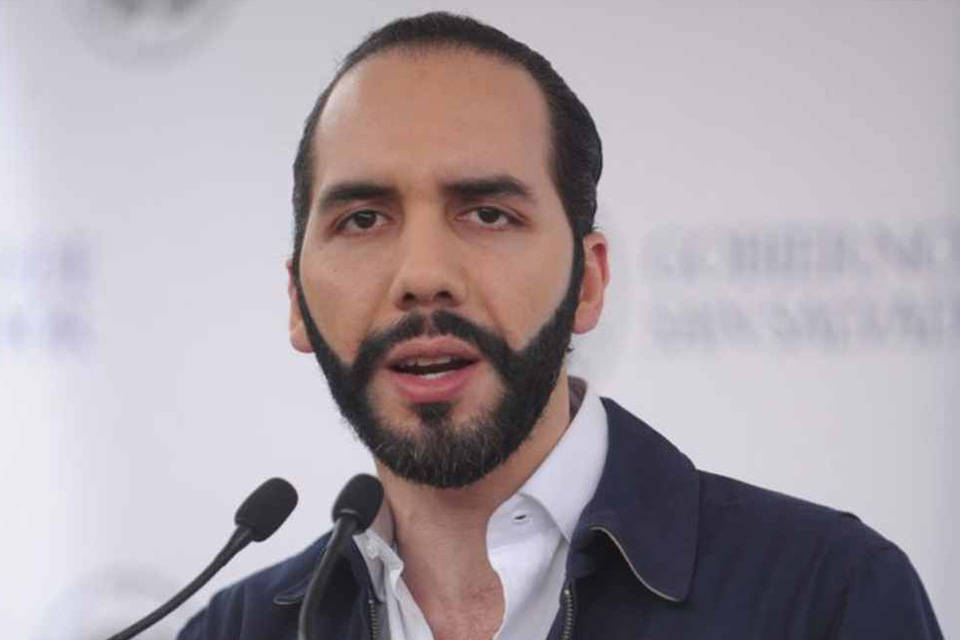Vice President Cristina Fernández de Kirchner will receive this Friday the Honorary Doctorate from the National University of Río Negro (UNRN) for his contributions to the “social, scientific and cultural progress of the Nation”during an act in which he will give a lecture on political and economic issues.
This was announced this week by the Vice President on her Twitter account, where she wrote: “On Friday I will be in Río Negro, invited by the National University of Río Negro to receive an honorary doctorate and give the conference “Hegemony or consensus? Rupture of the democratic pact in a bi-monetary economy: inflation and IMF, debt crisis and political fragmentation”.
According to the information shared by the political leader, the conference will be held this Friday, March 10, starting at 6:00 p.m., at the UNRN Viedma Headquarters.
From the university’s website it was indicated that “the highest distinction granted” by the institution will be awarded to people of “exceptional merit who have contributed significantly to the social, scientific and cultural progress of the Nation.”
On Friday I will be in Río Negro, invited by the @UNRIONEGRO to receive an honorary doctorate and give the conference “Hegemony or consensus? Rupture of the democratic pact in a bi-monetary economy: inflation and IMF, debt crisis and political fragmentation”. pic.twitter.com/FOaZ74yTCl
— Cristina Kirchner (@CFKArgentina) March 6, 2023
Vice President Fernández de Kirchner will receive this recognition “for the relevant role it has played in the development of the Argentine university system in general and in the creation and development of the National University of Río Negro”they detailed.
In addition, they pointed out that “the Honoris Causa Doctorate is part of a series of distinctions that the house of high studies will carry out throughout the year for the celebration of 40 years of democracy and that includes, in addition to Cristina Fernández de Kirchner, the academics Rita Segato, Dora Barrancos and Catalina Wainerman”.
In this sense, the rector of the UNRN, Anselmo Torres, affirmed that “the lady vice president of the Nation constitutes the personification of the transcendental democratic elements of our institutional identity.”
“The democratic, educational values and the implementation of public policies that promote democratic consolidation in Argentina make it a benchmark, not only in regional politics, but also a prominent personality in the conquest of rights,” he said.
And he added that “it was during her tenure as president of the Nation that progress was made in internationally avant-garde gender policies, such as Equal Marriage and the Gender Identity Law, partly settling the debt that the democratic system still owes to women”.
















